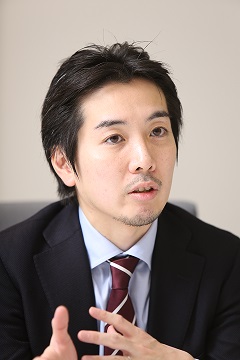Bio
Yusuke Tsugawa, MD, MPH, PhD is an assistant professor at UCLA. Prior, he was a research associate at Harvard T.H. Chan School of Public Health, a Health Specialist at the World Bank group, and a research fellow at Beth Israel Deaconess Medical Center/Harvard Medical School. His research focuses on the variation in quality and costs of care across individual physicians and its determinants. He received his MD from Tohoku University School of Medicine in Japan, MPH from Harvard T.H. Chan School of Public Health, and PhD in Health Policy from Harvard University. Dr. Tsugawa’s research had been featured by several media outlets, including The New York Times, The Washington Post, and National Public Radio.

